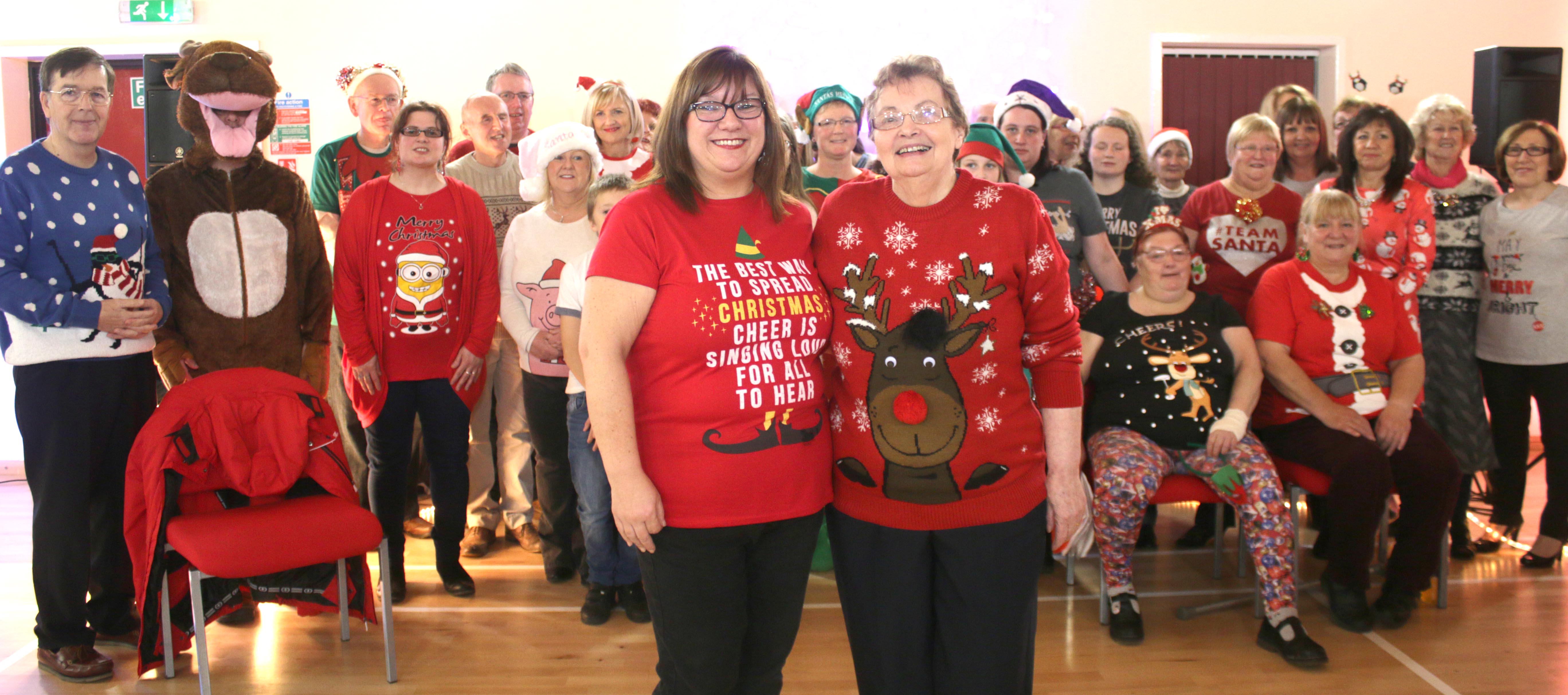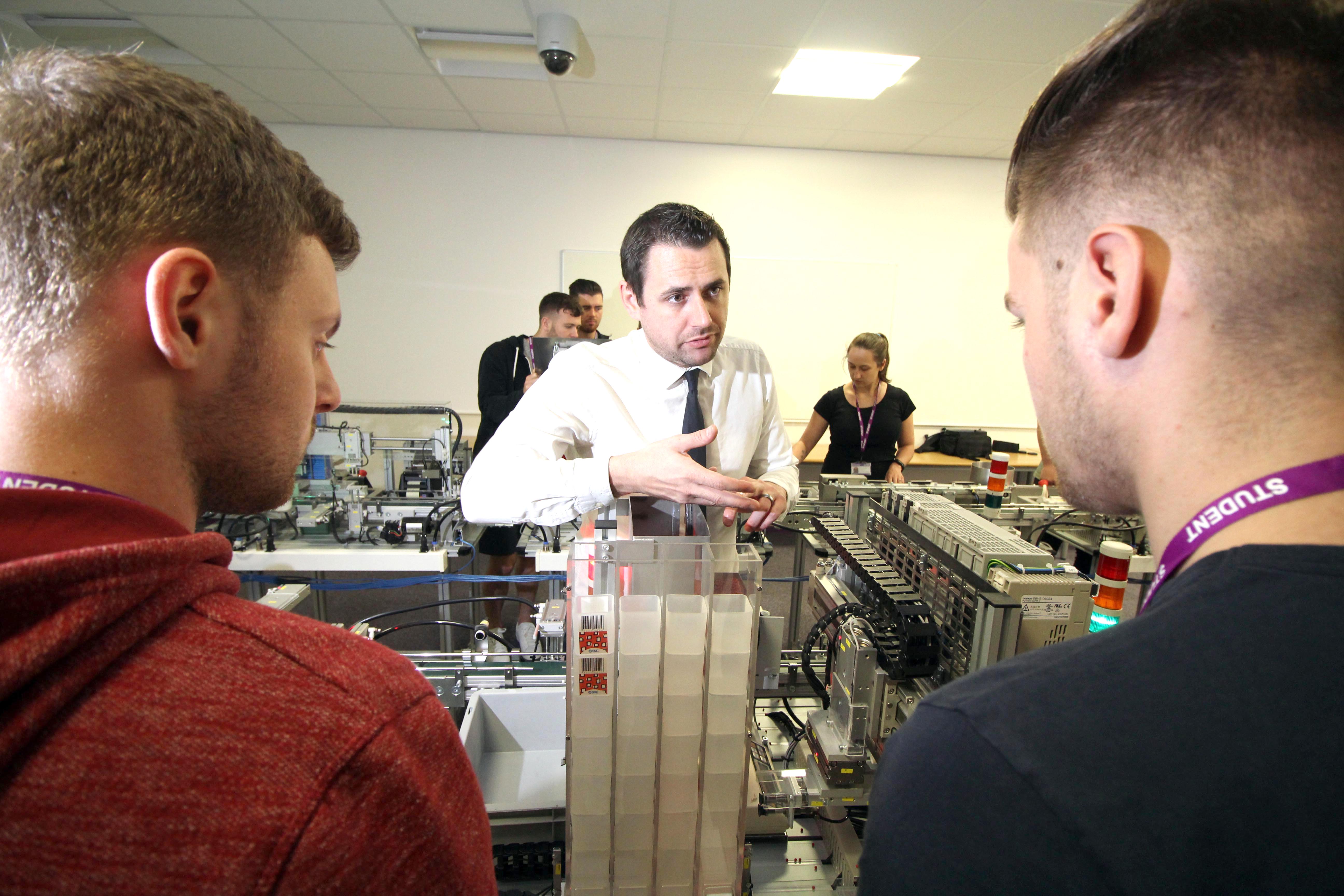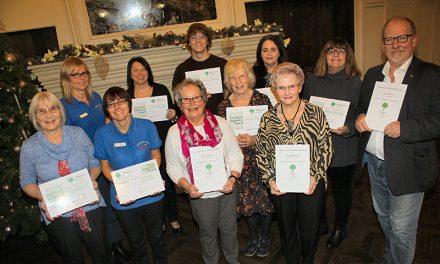You do not have to be confined to a wheelchair to be classified as being disabled. There are nearly 14 million people in our country with one or more disabilities. The majority of able-bodied UK citizens – to some degree – believe that you are ‘disabled’ only if THEY can see physical signs of a disability. Yet (only) about 8% of the disabled rely on a wheelchair or other mobility aid, as a means of getting out-and-about. The rapid increase in mobility vehicle ownership, has loosened the shackles – be they real or psychological – that still bind the disabled to their home. During our lives, about 1 in 4 of us will suffer from some form of Depression, anxiety or mental illness; a yoke that I struggled to lift from my shoulders. Hidden disabilities are often multifactorial. They include, Neurological, psychological and such as diabetes, learning difficulties, PTSD, Chronic Fatigue Syndrome, Epilepsy, Cystic Fibrosis and P-ND. They are the hidden or ‘invisible disabilities’. We are PEOPLE with disabilities only asking that the ‘reasonable adjustments’ stated in the legally-binding Equality Act (2010) be enforced and be woven immutably into the social model; not the milk of human sympathy, rather a level playing field. A Scope study into attitudes of the able-bodied, towards types and degrees of disability, found that over 90% of those asked questions relating to everyday scenarios, felt comfortable interacting with those with sensory or physical disabilities. However, there was real unease – and a patent lack of understanding and empathy – about interacting with those with perceived mental or psychological issues. In conclusion, about 8% of UK children have a disability. Susan Hampshire, actress from the 1960’s onwards is dyslexic. This is a hidden disability under the terms of the 2010 Act. She wrote: “It is a lonely existence to be a child with a disability which no-one can see or understand, you exasperate your teachers, you disappoint your parents, and worst of all you know that you are not just stupid”.
About 45% of pensioners suffer from a disability. Our wonderful NHS is able to patch up us ‘Old Codgers’ on a regular basis and keep us on this side of the mortal coil. In the Newton News, you find many voluntary organisations, giving of their time and energy, making ‘reasonable adjustments’ to assist the less fortunate. Not everyone is able to volunteer. But everyone can show a little more patience and understanding to those around them.
Derek G Atkinson
Disability Officer
Sedgefield CLP
How Many People With Disabilities Can You Spot in This Picture?










